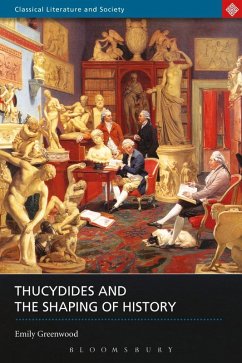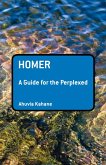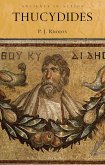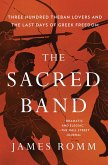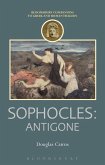Thucydides' work was one of the most exciting creations in the cultural history of Greece in the fifth century BC - one of only two monumental prose works to have survived - and it still poses fresh and challenging questions about the writing of history. In the twenty-first century, it still challenges the reader: there is a marked tension in Thucydides' History between his aim to write about contemporary events and his desire that his work should outlast the period in which he composed it. Thucydides and the Shaping of History addresses two important issues: how contemporary was the History when it was written in the fifth century, and how 'contemporary' is it now?
This book approaches the shaping of history from three different angles: the way in which Thucydides shaped history and how his narrative shapes our experience as readers of the History; the relationship between Thucydides' work and contemporary institutions, such as the theatre; and the role that ancient readers and modern scholars have played in shaping how we perceive the History. This book combines a close analysis of Thucydides' narrative with a discussion of its intellectual motivation; it examines how the historian attempted to determine the way in which readers would respond to his conception of the events of the Atheno-Peloponnesian War, and to ensure the continuing influence of his ideas.
This book approaches the shaping of history from three different angles: the way in which Thucydides shaped history and how his narrative shapes our experience as readers of the History; the relationship between Thucydides' work and contemporary institutions, such as the theatre; and the role that ancient readers and modern scholars have played in shaping how we perceive the History. This book combines a close analysis of Thucydides' narrative with a discussion of its intellectual motivation; it examines how the historian attempted to determine the way in which readers would respond to his conception of the events of the Atheno-Peloponnesian War, and to ensure the continuing influence of his ideas.

